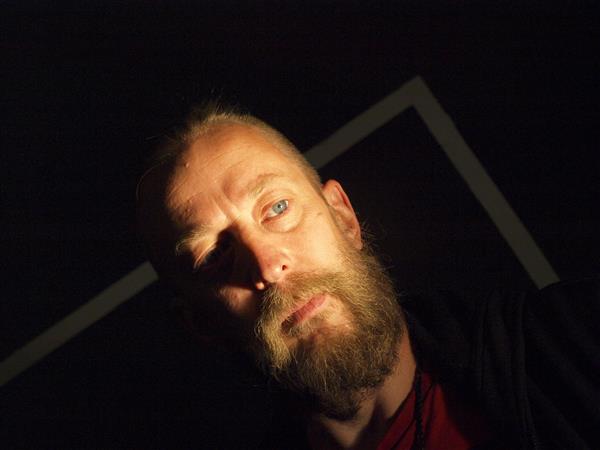Erik Alalooga defends his doctoral thesis on 21 December at 16:30 room A-402 for the degree of Doctor of Philosophy (Theatre):
“Developing a systemic method of tinkering for object theatre”
Supervisor: Madli Pesti, PhD (EAMT)
Opponent: Raivo Kelomees, PhD (EAA)
The doctoral thesis is available HERE and in print in the EAMT library.
Summary:
In my artistic research entitled „Developing a systemic method of tinkering for object theatre“, I analysed the situation in which a performer makes personal stage partners. Tinkering here means making art objects from random everyday objects and materials from surrounding environment. I also explored how such a model influences dramaturgical creation and how the self-made object and the performer’s interaction with it is positioned in the contemporary theatrical landscape.
The personal starting point of the work was the need to systematically and analytically study my long experience of tinkering and teaching. It allows to apply the new knowledge gained through creative activities. Although I have consistently emphasized in my research the functioning of tinkering with the support of minimal formulation, regular analyses of the overall process and outcomes are necessary for qualitative development. I also felt that my background as a sculptor and installation artist offered new point of view to the material approach of object theatre.
The research problems stemmed from the perceived fact that tinkering, as a creative engagement with the surrounding material environment, is still a sparsely covered area in the educational process. This, in turn, has an impact on the attitude of young people with creative interests towards the use of technology in the artistic process. The over-theoretical nature of real subjects increases the distance with practical everyday life. People do not become aware of their personal capacity to manipulate material space. A hostile relationship or learned helplessness is constructed in its place. According to a common cliché, the conceptual idea of a work of art is still considered, to be „superior“ to the „shallow“ technical realisation. This in turn gives rise to a further problem – the too facile entrusting of the making of art objects to a specialist for technical realisation. This often means that the artist’s personal touch is lost. The problems described may sound speculative for a research paper, but I assure you that they are the result of long-term observation. I see a huge potential in bringing the practical relationship with the material environment to a more adequate basis.
Tinkering is usually considered as an intuitive artistic activity. The aim of my research was to create a systematic method of tinkering for the object theatre production process. The method should allow the performer with no previous experience to create personal performance partners, which in my artistic research appear as mechanical sound machines.






